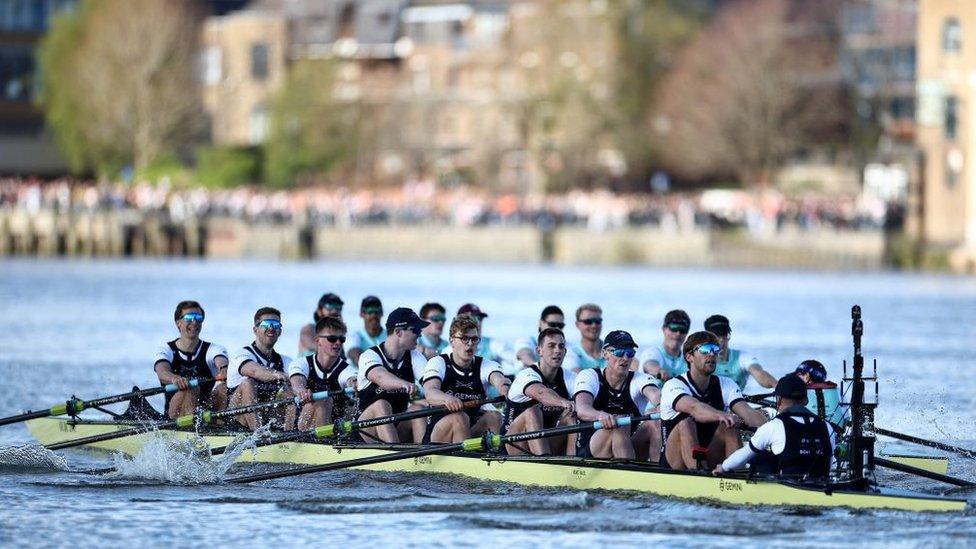What is the solution to sewage in our rivers?
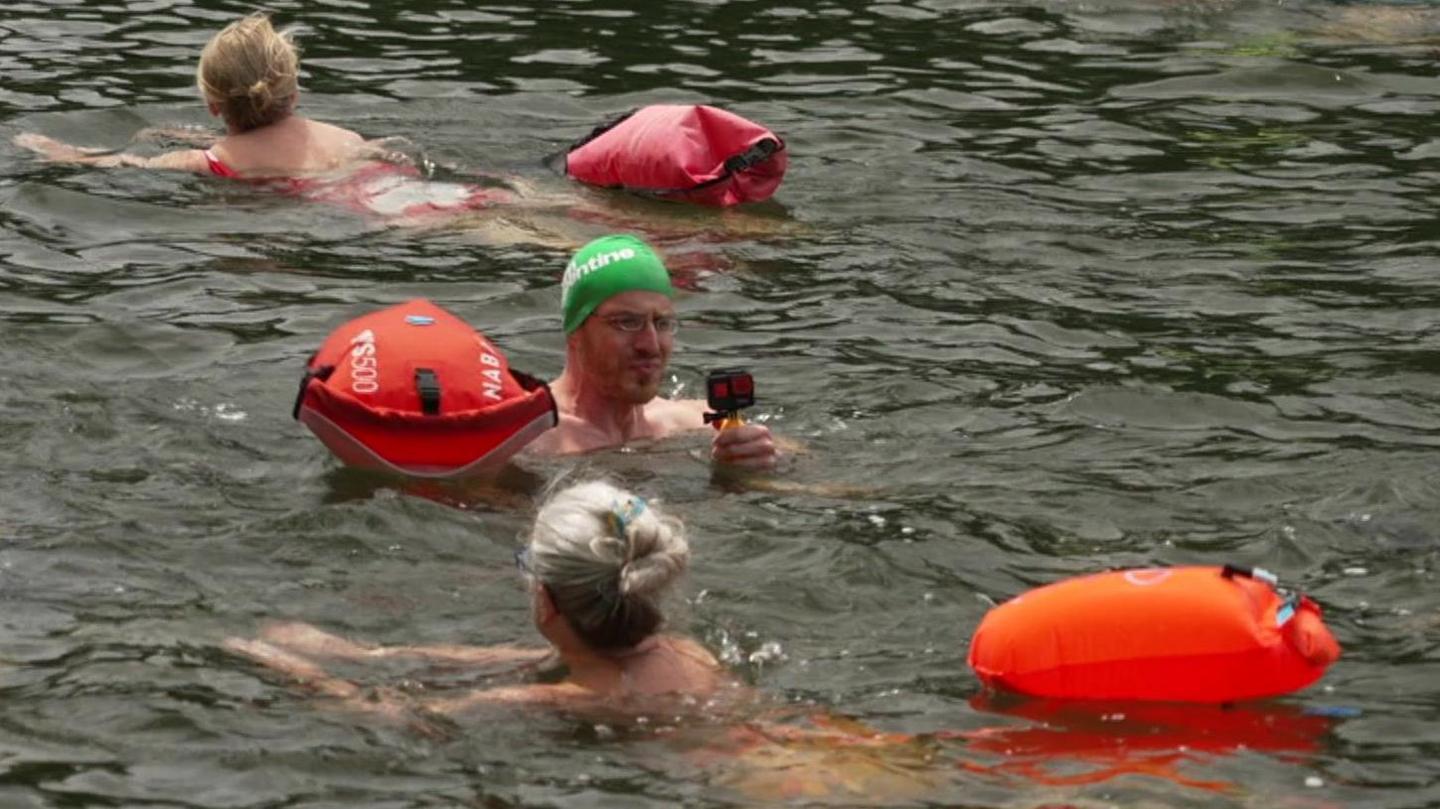
Members of the Teddington Bluetits regularly swim in the River Thames
- Published
On the banks of the River Thames in Kingston, south-west London, the Teddington Bluetits are once again donning their swimsuits and swimming hats.
It is a mixed group of men and women of different backgrounds and ages, who all love a dip in the cold water of the Thames.
Whatever the weather they come to this pretty spot on the turn of the great river to swim. They even have their own tea trolley with cakes on for after the swim (the lemon and blueberry muffins and ginger nuts are particularly good).
But this group of swimmers do keep an eye on the sewage outflows. Sometimes Thames Water discharges into the Thames and not many want to swim here when that has happened.
Here they are acutely aware of the state of our rivers.

Marlene Lawrence is the founder of the Teddington Bluetits
Marlene Lawrence, who founded the Teddington Bluetits, thinks whoever forms the next government needs to take more action against the water companies.
"People do care about rivers and the environment and they want the next government to take action," she says.
"I think if the regulators had a bit more power that would help. Give them more power to enforce the water companies with proper fines and proper action."
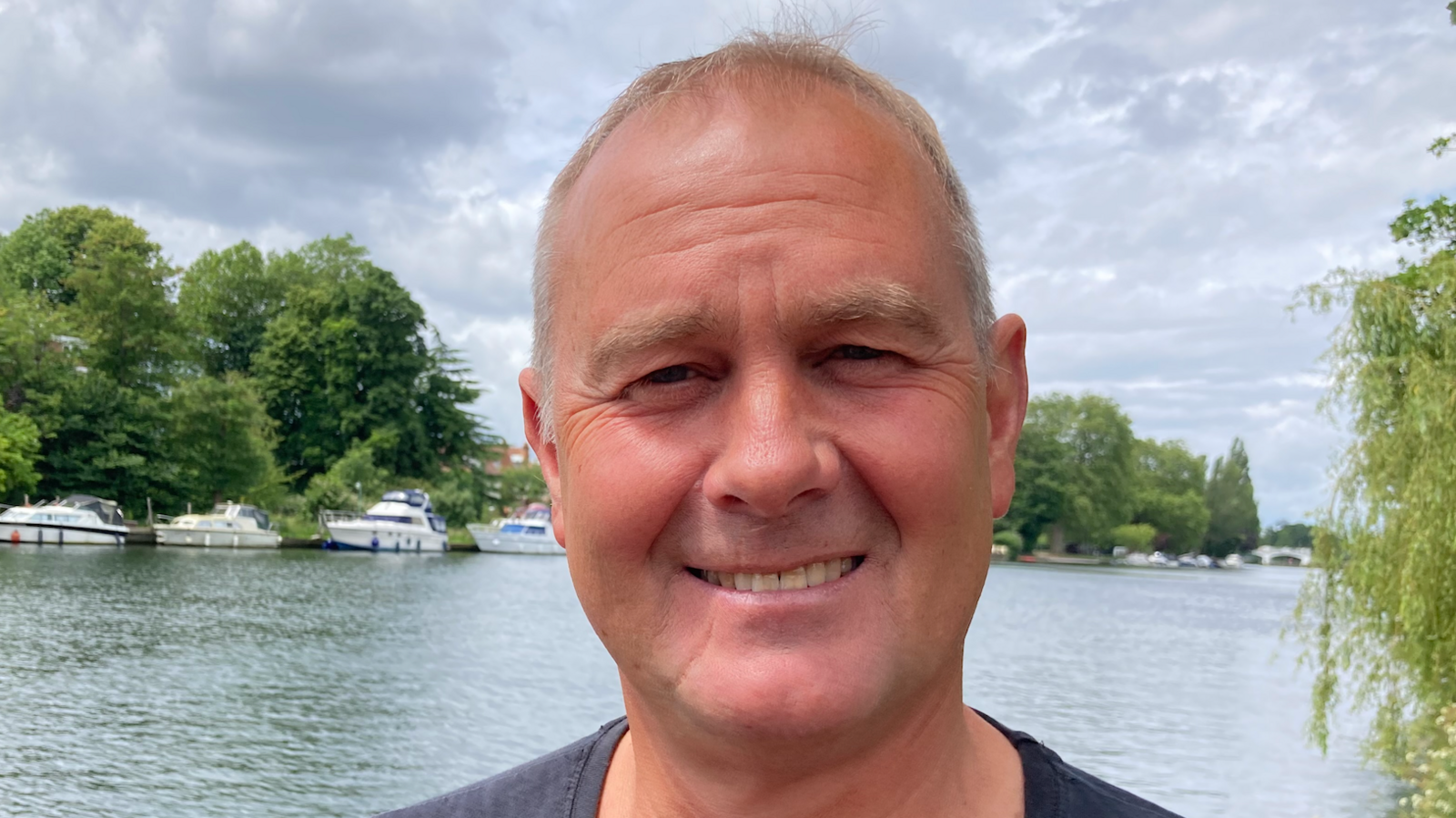
Kevin Roberts wants the regulators to have more power
Kevin Roberts believes the rules need to be upheld, with the regulators needing "a bit more power".
"The fines need to be stronger and the benefits to the water companies of breaking those rules need to be taken out and the punishment needs to be a lot harsher," he says.

Claire Wilmot says the current system is broken
Claire Wilmot thinks the current system is broken.
"The big problem is the fact that the Environment Agency and Ofwat are toothless they have no powers. So when it does happen no-one is holding a hand up and saying this is not acceptable. And they just carry on."
"The safeguards are not there, because no-one has got the actual teeth to implement them and stop what is happening," she explains.

Fadi Hayek says more needs to be spent on infrastructure
Fadi Hayek says everyone should be able to use the rivers and more investment is needed in the sewage infrastructure.
"It just doesn't cope properly and hasn't been invested in for a few decades.
"That's really going to need investment and think what we have seen with Thames Water, private money won't necessarily put the money in so maybe government has to put money in repair infrastructure."
New analysis done by City Hall has shown that the sewage flowing into London’s rivers in the financial year of 2023/2024 was almost four times the amount for the same period the previous year.
Between April 2023 and March 2024 Thames Water released sewage into the capital's waterways for 12,105 hours and 37 minutes - the equivalent of 504 days.
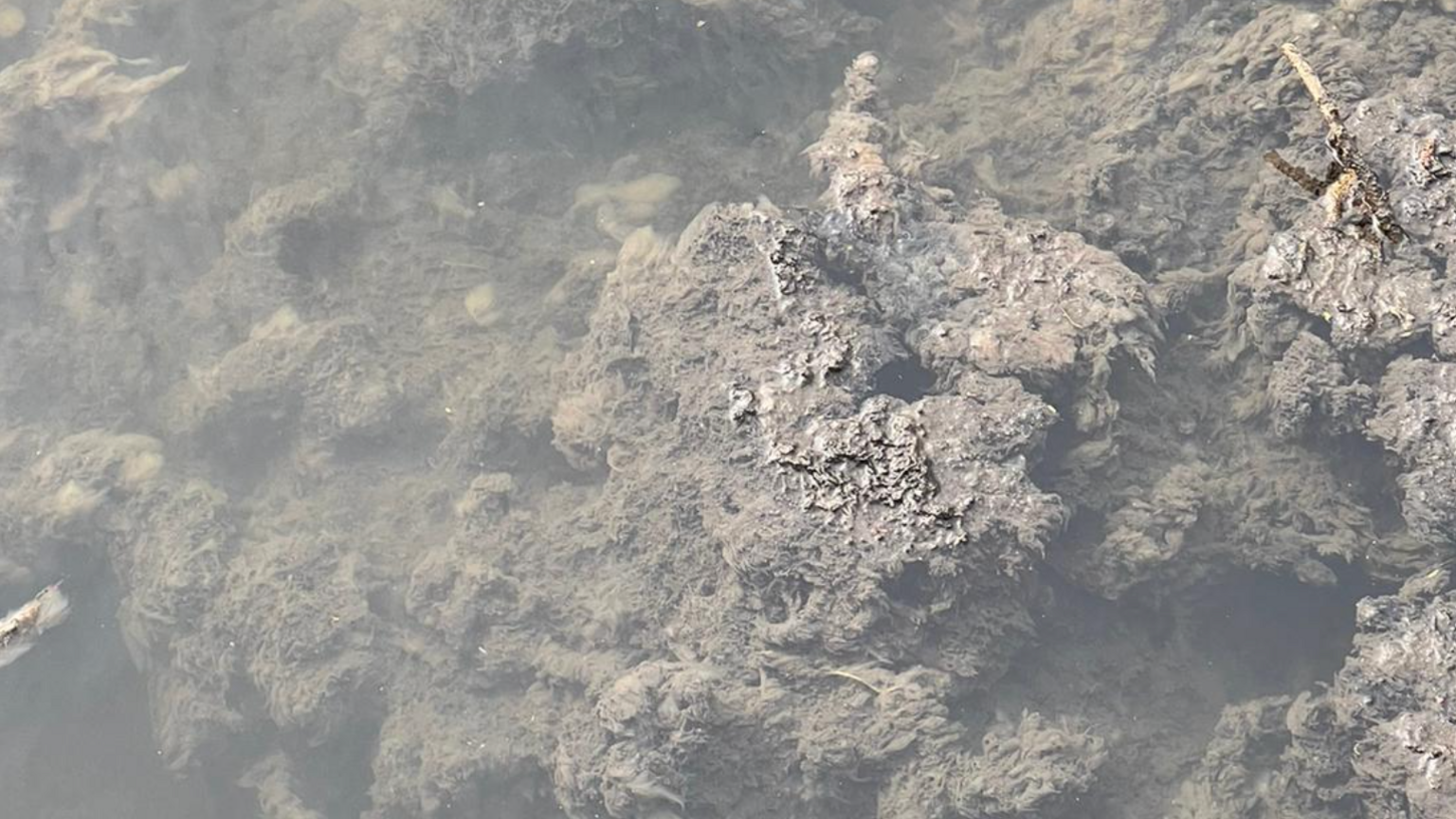
Sewage fungus can be spotted within the water
In the capital there has been some progress with Thames Water previously saying it is "working hard" to cut discharges.
The work includes a new supersewer which has been built and is now undergoing testing. It is expected to be fully operational in 2025.
Known formally as the Thames Tideway Tunnel it has been drilled underneath the Thames and will connect many of the storm overflows in central London.
Every year tens of millions of tonnes of storm sewage spill into the River Thames. The supersewer will mean the sewage gets taken into a treatment works in Beckton.
The tunnel has ending up costing about £5bn, with the cost being paid for by Thames Water customers over several decades meaning bills are increasing by about £25 a year.
Thames Waters also plans to upgrade more than 250 of its sewage treatment works and sewers.
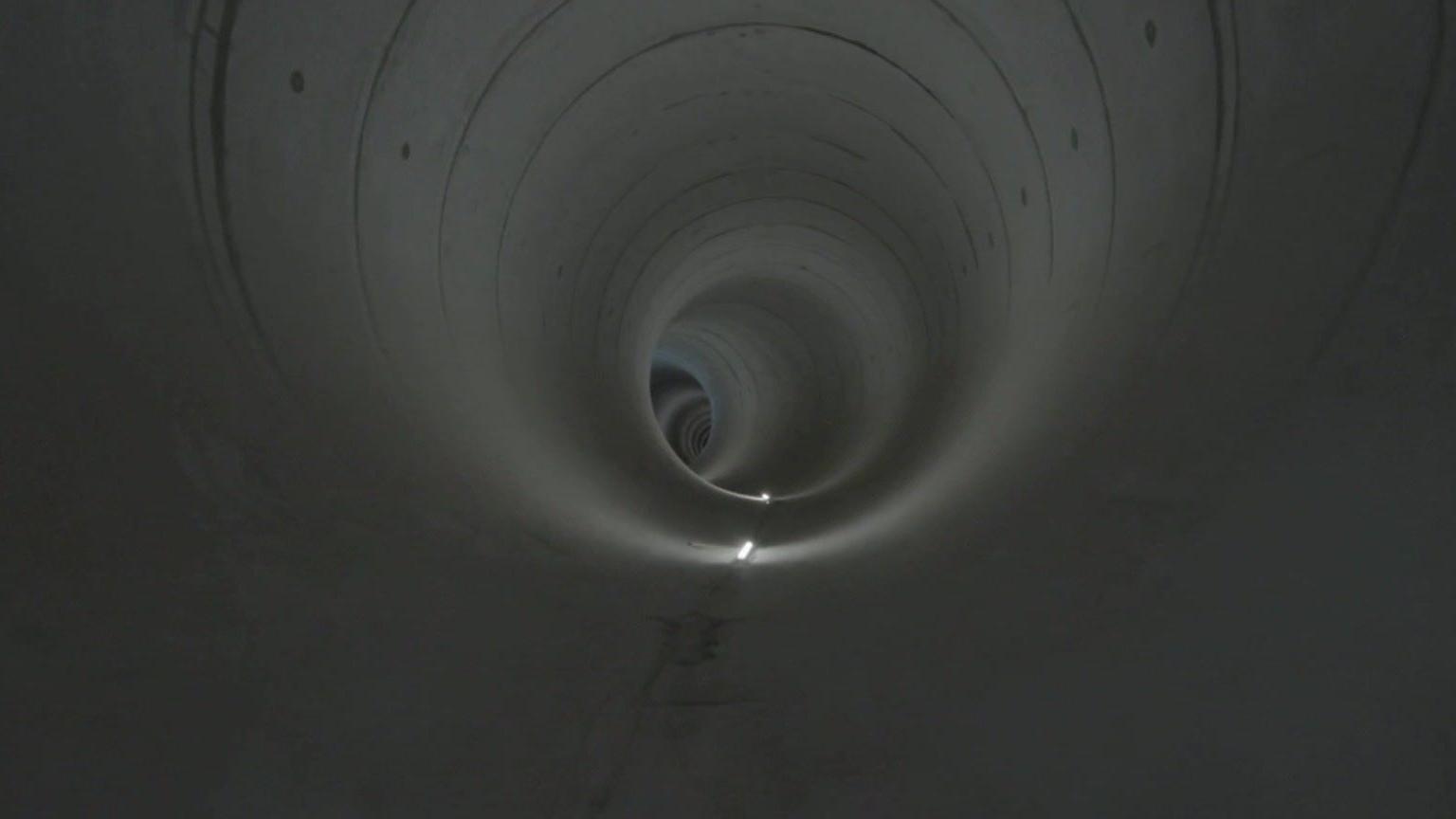
The Thames Tideway Tunnel is expected to become fully operational next year
Lucy Webster, the external affairs director at Tideway, says the tunnel was paid for using a regulated asset base model.
“What happens is we get private investment upfront, so the investors put money in to enable us to build it,” she explains.
“Then bill payers pay for it over time through a contribution from their bills. So you are spreading that across many, many millions of households and we are able to keep that contribution lower."
But it won't stop all sewage getting in the Thames. Many of the tributaries have sewage treatment works on them and they regularly put sewage into rivers and rare chalk streams.
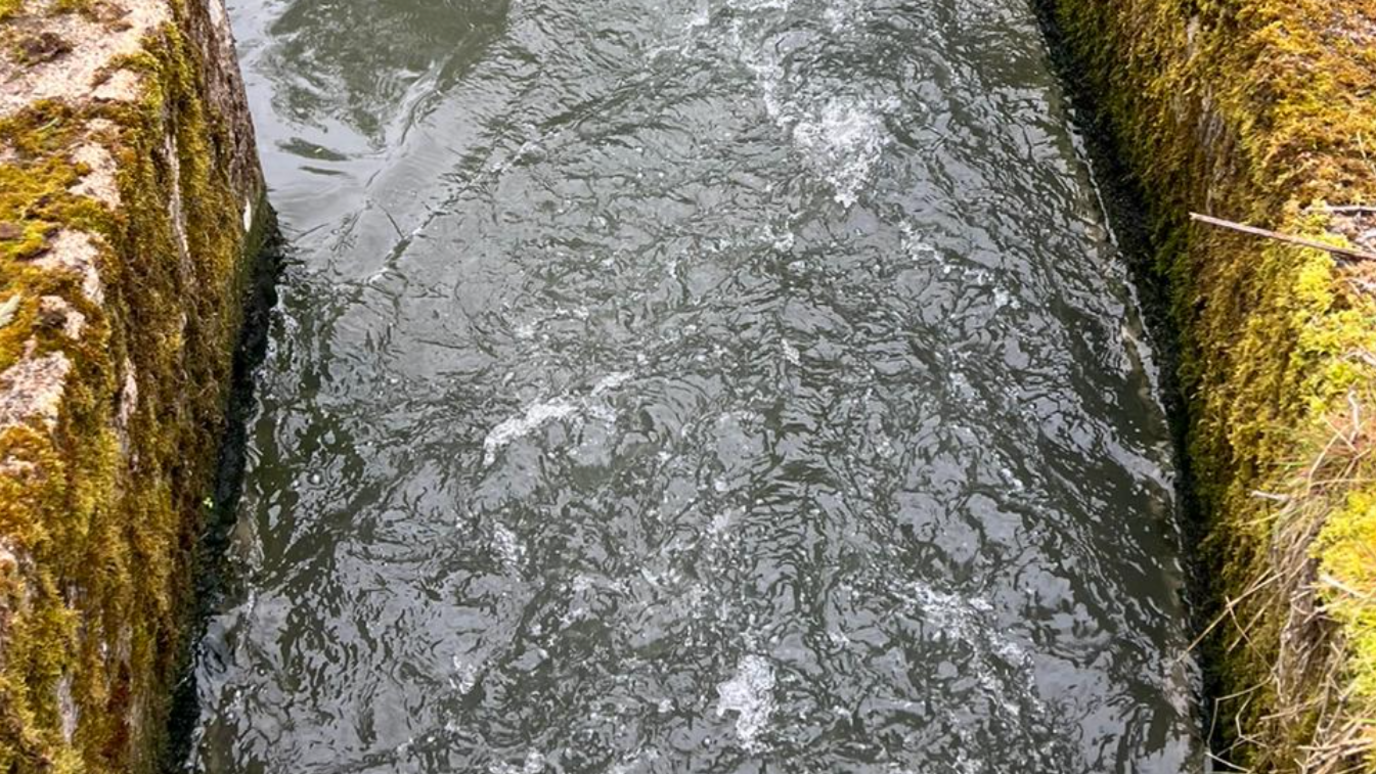
This chalk stream in Hertfordshire is meant to be clear but is dark due to sewage
The River Ver, in Hertfordshire, is one of those waterways.
Paul Jennings, from the Ver Valley Society, says exceptionally high groundwater this year has got into the sewer network and overwhelmed the capacity.
"This has meant all our local rivers, the Ver, Gade, Bulbourne, Chess, Colne and especially the Misbourne have suffered long-term sewage discharges, some lasting well over 100 days," he says.
"This has devastated the river environment smothering it with sewage fungus. We are now experiencing more frequent high groundwater events and with that regular sewage pollution. "
Mr Jennings believes the regulator needs to be tougher.
"We need a regional solution that addresses population growth, climate change, emerging chemicals, pharmaceutical and micro plastics. We should be looking to process sewage to drinking water standards addressing both ends of the water management spectrum," he says.
"We do need a regulator that protects the environment as well as water prices. For too long the focus has been on keeping prices low.
"The investors in the water industry have blindsided the regulators. Elaborate financial structures have allowed billions to leak out of the system. The regulators did not see it happening. Poor performance by them and government."
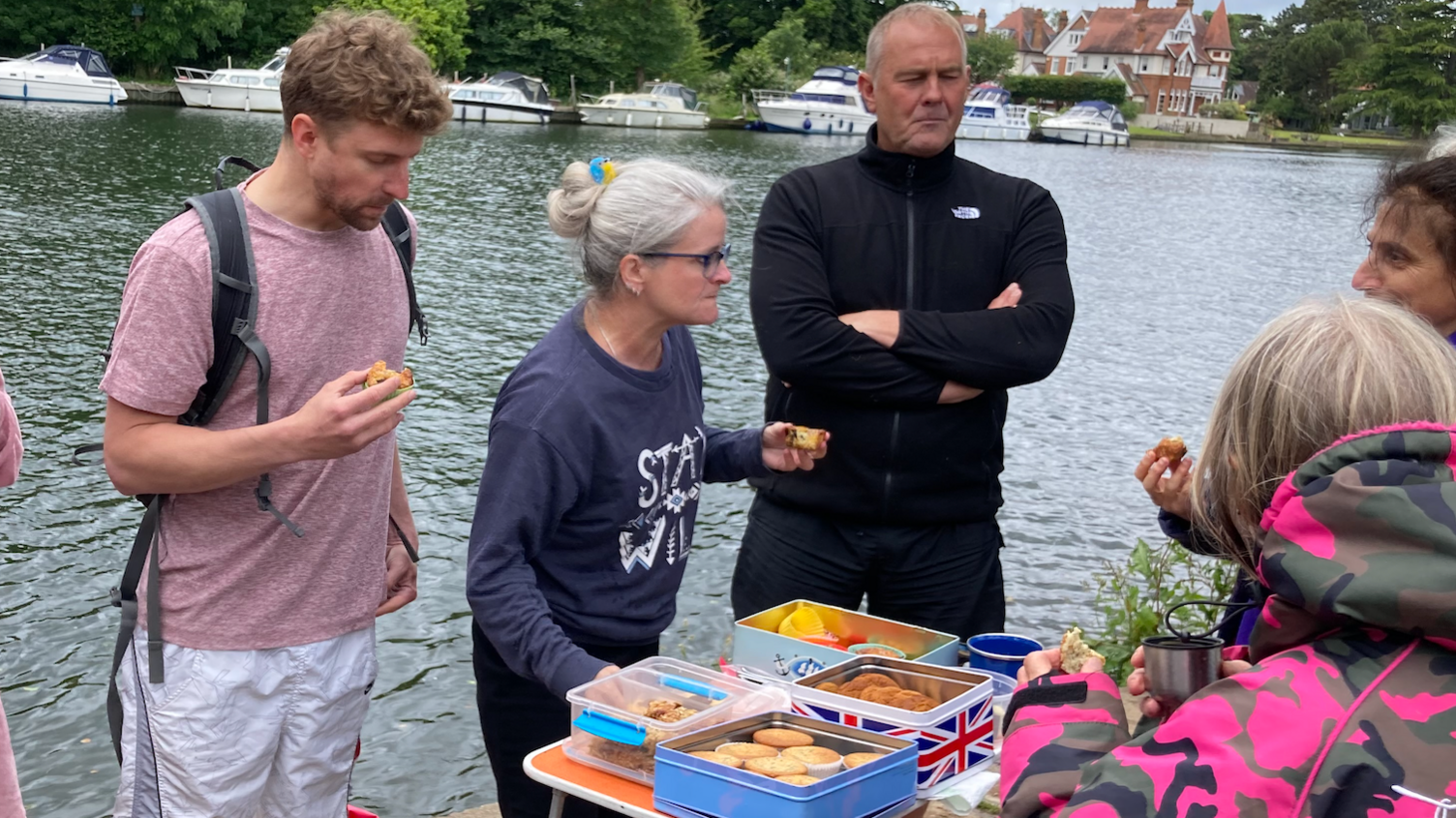
The Teddington Bluetits enjoy cakes after a swim
Political parties all have different views about what needs to be done, ahead of the General Election on 4 July.
The Conservatives say they will set out a "Plan for Water" which will bring about historic levels of investment and transparency.
They say they will work with the regulator "to further hold companies to account, including banning executive bonuses if a company has committed a serious criminal breach. This will build on our legislation for unlimited fines".
They add that the next five years will see "transformational investment and change in the water sector on a scale never seen before, thanks to the introduction of 100% monitoring – up from 7% under the last Labour government – and targets on leaks and pollution".
Labour says it will "put failing water companies under special measures to clean up our water".
The party says it will give "regulators new powers to block the payment of bonuses to executives who pollute our waterways and bring criminal charges against persistent law breakers."
Labour also says it will "impose automatic and severe fines for wrongdoing and ensure independent monitoring of every outlet".
The Liberal Democrats say they will "transform water companies into public benefit companies, banning bonuses for water bosses until discharges and leaks end, and replacing Ofwat with a tough new regulator with new powers to prevent sewage dumps".
The Green Party says it will end sewage going into rivers and seas "by taking the water companies back into public ownership".
Listen to the best of BBC Radio London on Sounds and follow BBC London on Facebook, external, X, external and Instagram, external. Send your story ideas to hello.bbclondon@bbc.co.uk, external
- Published10 November 2023
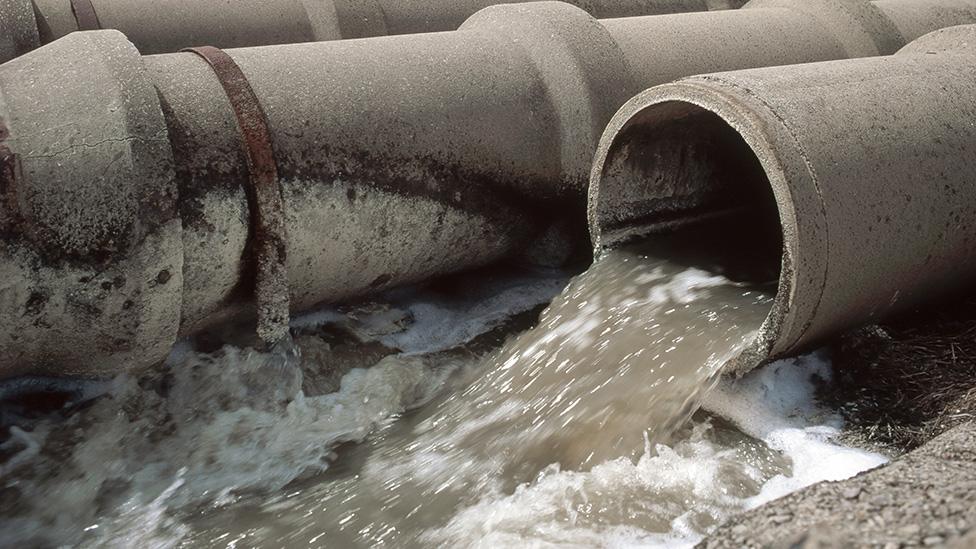
- Published2 April 2024
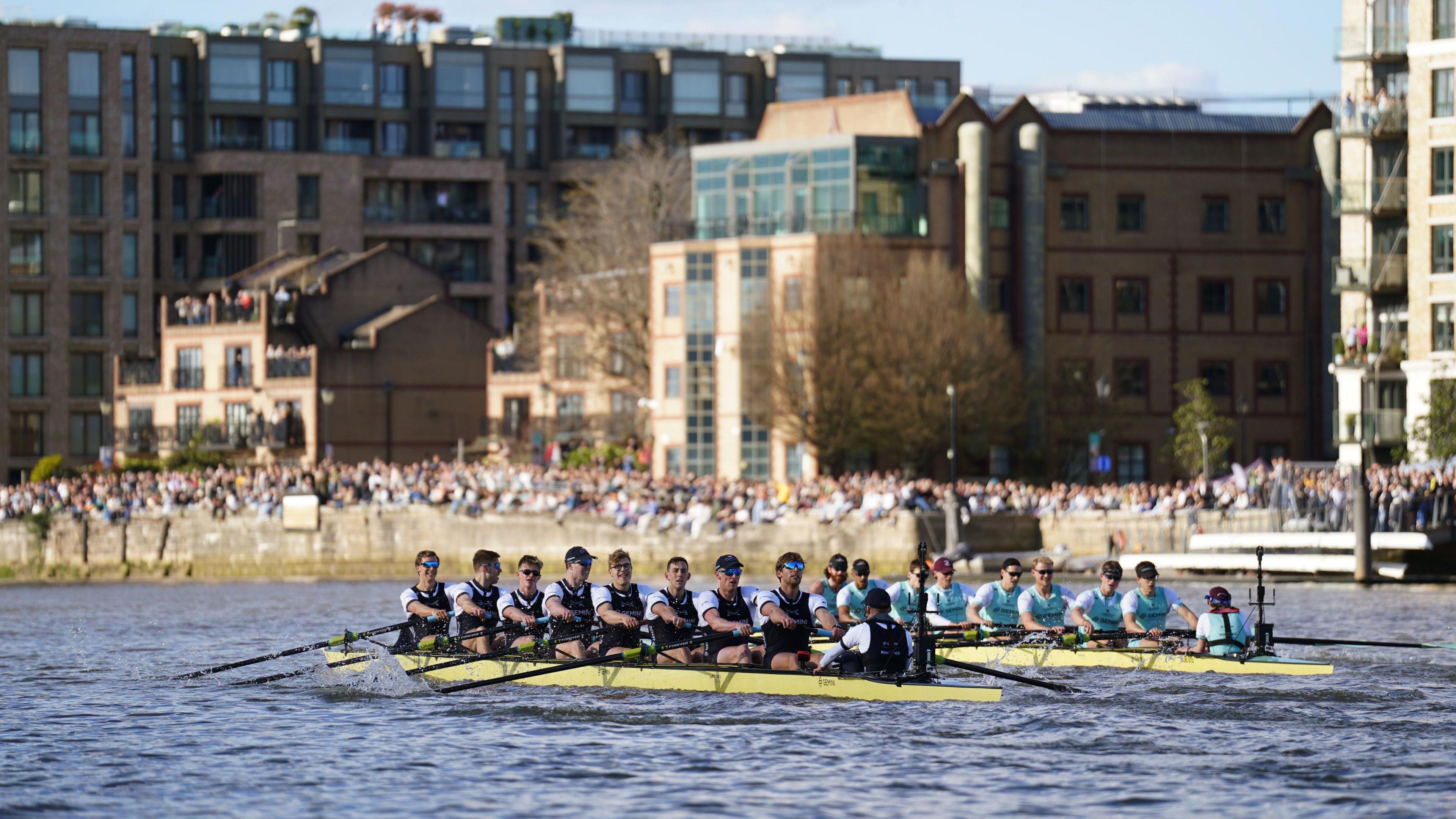
- Published31 March 2024
